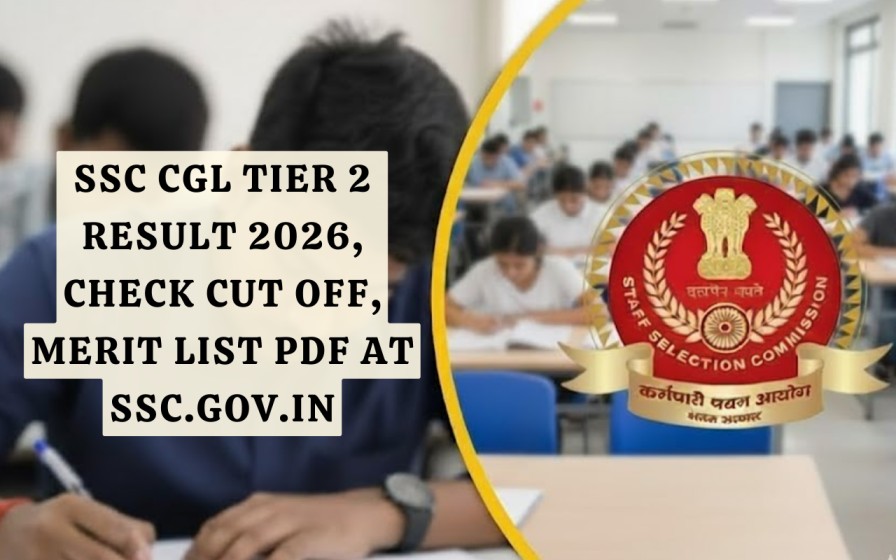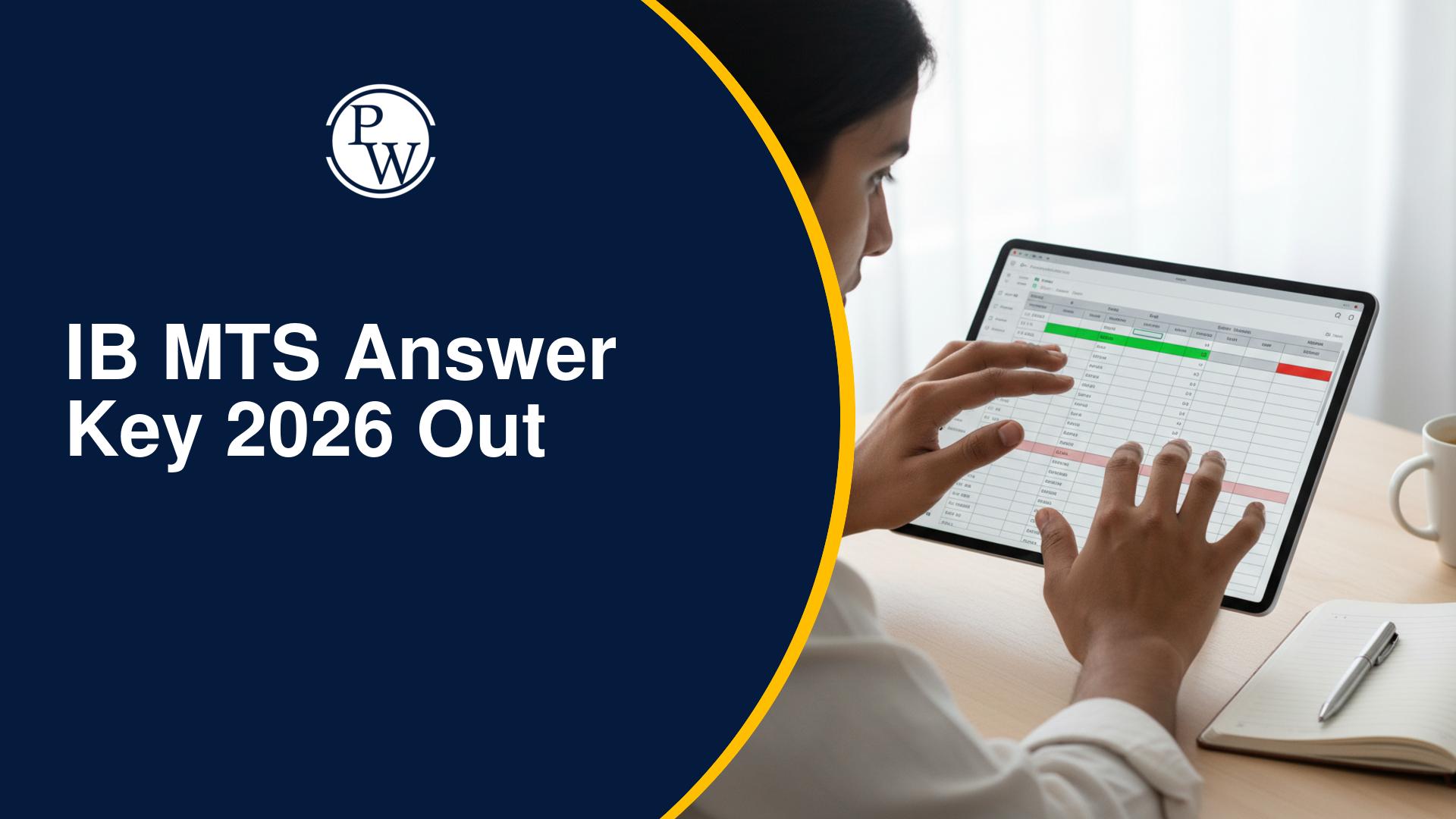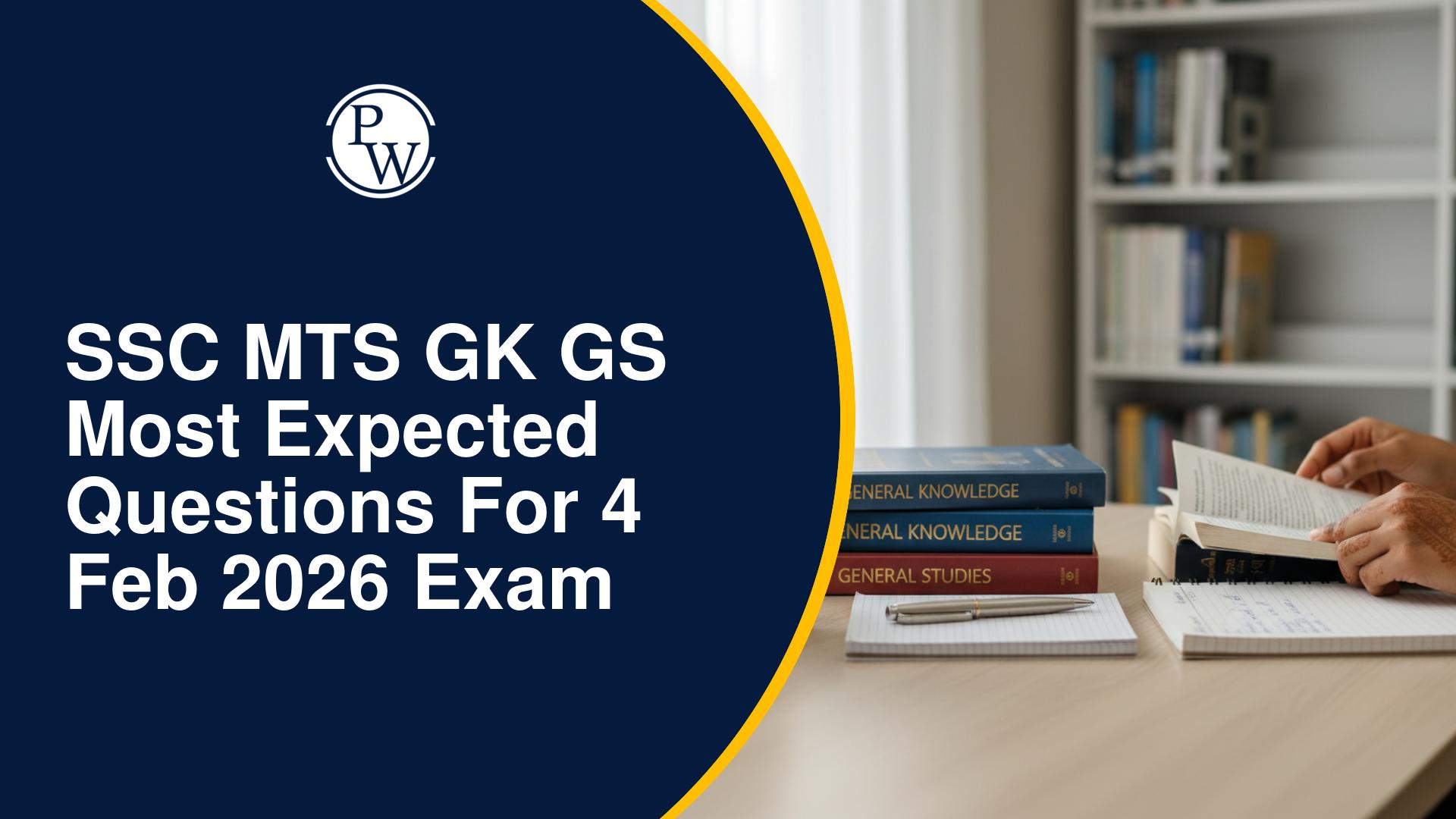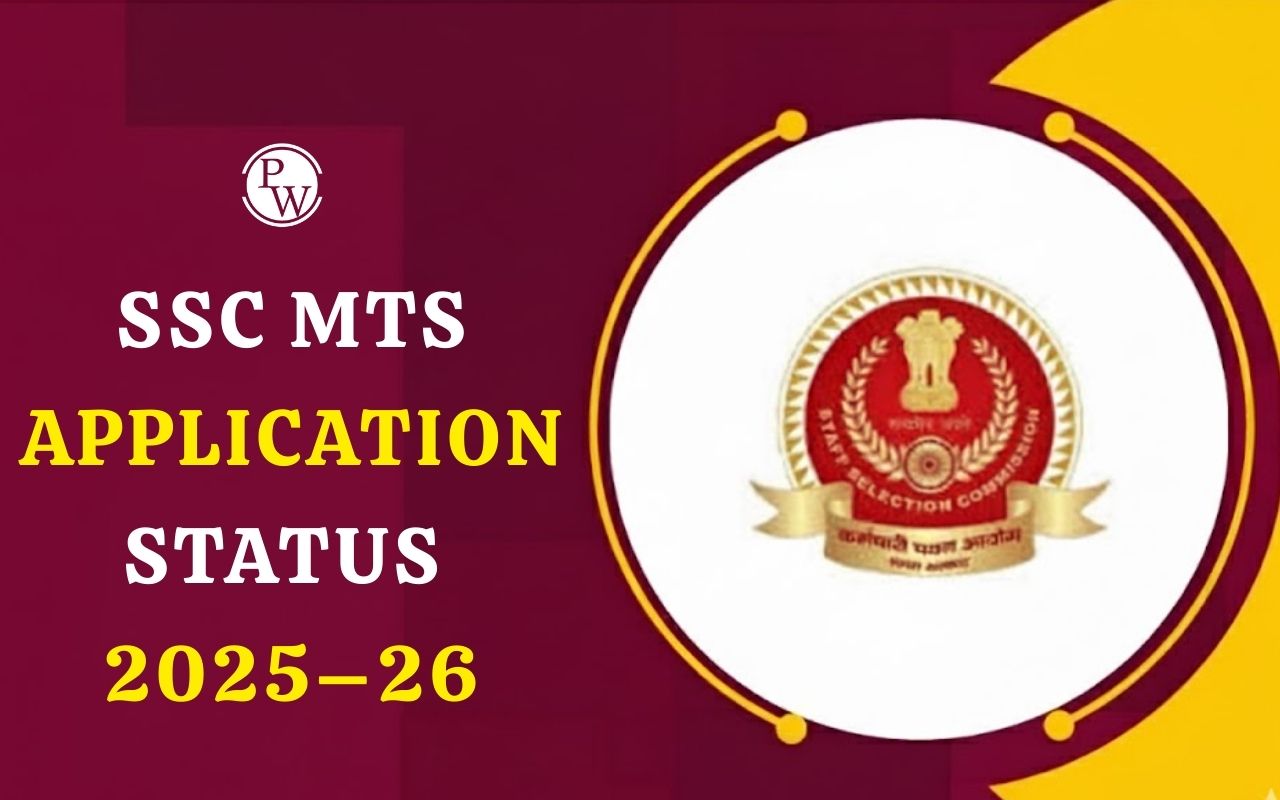
SSC CGL Reasoning Preparation: The Staff Selection Commission, widely recognized as SSC, administers the CGL examination to recruit candidates for various Group B & C roles across several Departments and Ministries within the Government of India. Reasoning forms an integral component of both Tier-1 and Tier-2 exams of SSC CGL.
This article comprehensively addresses SSC CGL Reasoning Preparation, preparation strategies, syllabus details, and more, aimed at aiding candidates in their preparation for the Combined Graduate Level examination.SSC CGL Reasoning Preparation
In this article, we aim to provide valuable insights to enhance your SSC CGL Reasoning Preparation. We'll look into the SSC CGL Reasoning Preparation and offer essential tips specific to the General Intelligence and Reasoning section. This section holds significant potential for scoring well, with questions covering both verbal and non-verbal reasoning questions in Tier 1 and 2 exams. SSC CGL reasoning questions are known for their challenging yet intriguing nature, testing your logical thinking and problem-solving skills. To maximize your score in the General Intelligence and Reasoning section, it's important to explore the content of this article, checking the crucial points highlighted throughout.Syllabus for SSC CGL Reasoning Preparation
The SSC CGL Tier 1 examination comprises four sections: English Comprehension, Quantitative Aptitude, Reasoning, and General Awareness. On the other hand, SSC CGL Tier 2 consists of different modules covering questions from Mathematical Abilities, Reasoning and General Intelligence, English Language and Comprehension, General Awareness, and Computer. To excel in the SSC CGL exam, candidates must master all sections, given the increasing competitiveness each year. Check the Syllabus for SSC CGL Reasoning Preparation below: The verbal reasoning section constitutes approximately 60 percent of the weightage in the SSC CGL Syllabus for the General Intelligence and Reasoning section. Key topics in this section include Series, Direction, Ranks, Coding-Decoding, Arrangement, Analogy, Syllogism, Classification, and Statement & Conclusion. Conversely, the non-verbal reasoning section, accounting for 40 percent, offers another crucial aspect of the SSC CGL General Intelligence and Reasoning section. Major topics in non-verbal reasoning encompass Triangles, Images, Pattern Completion, Mirror Images, Figure Formation, Dice, Rule Detection, Figure Matrix, and Paper Folding.Important Topics for SSC CGL Reasoning Preparation
Throughout the years, certain SSC reasoning topics have consistently appeared in the exam. Below are the essential reasoning topics for SSC CGL that candidates must prioritize in their SSC CGL Reasoning Preparation: 1. Analogy 2. Direction questions 3. Paper folding & unfolding questions 4. Sitting Arrangement 5. Mathematical Operations 6. Visual Reasoning 7. Arithmetic Reasoning 8. Syllogism 9. Blood Relation These topics are crucial for a comprehensive understanding and successful performance in the SSC CGL reasoning section.Important Tips for SSC CGL Reasoning Preparation
Here are some valuable tips to enhance your performance in the SSC CGL Reasoning Preparation:1. Avoid making unnecessary assumptions: Solve questions based solely on the given data without making unfounded assumptions or judgments.
2. Focus on one topic at a time: Devote your attention to mastering one topic before moving on to another. Mixing multiple topics at once may not be as effective.
3. Be cautious with negative prefixes: Pay close attention to words with negative prefixes like non- and un- as they can mislead you. Read the questions carefully to avoid errors.
4. Utilize the elimination method: If you're stuck on a question, try eliminating options based on the given information. Avoid attempting all questions to prevent negative markings.
5. Understand directions (NEWS): Have a clear understanding of directions, including West, North, East, and South.
6. Memorize the alphabet sequence: Remember the sequence of alphabets and their numerical positions from 1 to 26 to aid in solving certain types of questions.
7. Practice series and analogy questions: Series is a crucial but challenging topic, so practice thoroughly and avoid rushing through the concepts.
8. Develop 3D visualization skills: Enhance your ability to visualize objects in 3D, particularly for problems involving dice and paper folding.
9. Manage time effectively: Allocate appropriate time for the reasoning section as it typically requires more time compared to other sections.
10. Leverage the scoring potential: With thorough preparation, the reasoning section can yield high scores, the SSC CGL 2024 exam, and improve your chances of advancing to the next round. Therefore, prioritize your preparation to excel in this section.
SSC CGL Reasoning Preparation Best Approach
Simplify your preparation approach by taking into account the following steps. Check out SSC CGL Reasoning Preparation best approach below:1. Understand Concepts with Examples: Start by grasping the concepts from your study material, whether it's books or video lectures. After studying each chapter, solve around 15-20 examples provided in various resources.
2. Revision: Regularly revise the concepts you've learned to reinforce your understanding. Allocate specific time slots for revision in your study timetable and adhere to it diligently.
3. Practice with Previous Year Question Papers: Incorporate solving previous year's question papers into your routine. This helps you familiarize yourself with the exam pattern and question formats while reinforcing your learning.
4. Mock Tests: Take regular mock tests to assess your preparation level and identify areas that need improvement. Mock tests simulate exam conditions, helping you manage time effectively and build confidence.
Allocate at least 3-4 hours daily for reasoning practice, with a focus on verbal reasoning. Note down solution strategies from study materials and strive to find the most efficient methods for solving each question. Consistency and structured practice are key to mastering the reasoning section effectively.
SSC CGL Reasoning Preparation FAQs
How should I prepare reasoning for SSC CGL?
Which topic is most asked in reasoning for SSC CGL?
How can I improve my reasoning skills in SSC CGL?
How can I improve my reasoning score?










